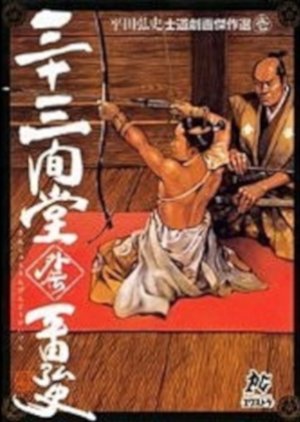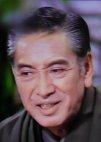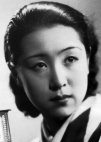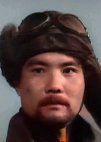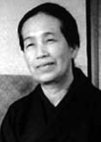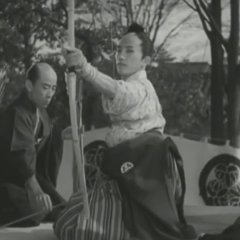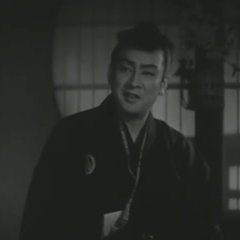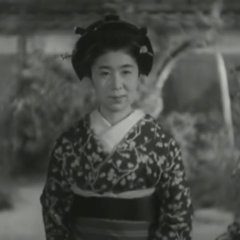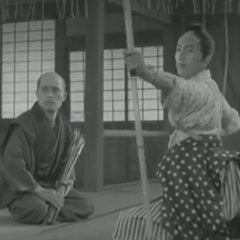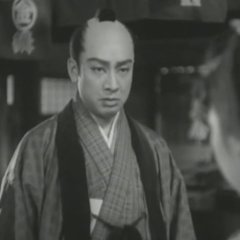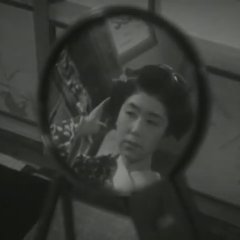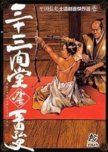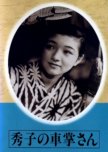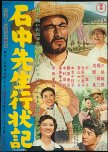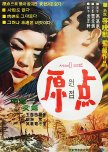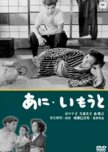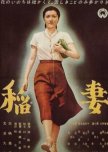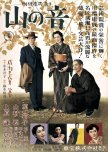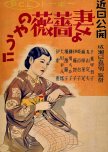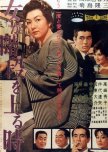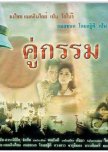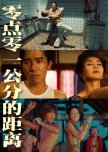After a renowned archer commits harakiri because he’s lost the big tournament, an innkeeper takes in his boy and sees to his training so he can compete in the next big contest. (Source: MUBI) Edit Translation
- English
- magyar / magyar nyelv
- dansk
- Norsk
- Native Title: 三十三間堂通し矢物語
- Also Known As: Sanjusangendo, Toshiya Monogatari , Sanjuusangendou, Tooshiya Monogatari , Sanjuusangendou, Toushiya Monogatari , 三十三間堂・通し矢物語
- Director: Naruse Mikio
- Screenwriter: Oguni Hideo
- Genres: Drama
Cast & Credits
- Ichikawa SenshoWasa DaihachiroMain Role
- Hasegawa KazuoKaratsu Kanbei / Hoshino KanzaemonMain Role
- Tanaka KinuyoOkinuMain Role
- Hanazawa Tokue[Ronin]Support Role
- Kono AkitakeHoshino KazumaSupport Role
- Katsuragi Fumiko[Hoshino's mother]Support Role
Reviews

"A record is there to be beaten"
A Tale of Archery at the Sanjusangendo was a rare period drama from director Naruse Mikio. Filmed during WWII, Naruse managed to side-step overlaying his film with heavy propaganda. In fact, the lessons involved were of sharing information and being okay with another’s success. “You don’t need to be in a hurry to die.”Seventeen-year-old Daihachiro has been secretly living at an inn under the care of the owner, Okinu. His father had once held the record at the Sanjusangendo Temple archery contest. His record was broken by Hoshino. Pressured to win back the honor, his father tried but failed, committing seppuku afterwards. For the past five years Okinu has been pushing Daihachiro to excel at archery so that he could win back the title. The poor kid is starting to crack under the life-or-death pressure, not helped by ronin attacking him. Out of nowhere, a skilled samurai appears at the inn offering his protection and help with Daihachiro’s archery training. It seems almost too good to be true…
I enjoyed this shorter film by Naruse featuring archers. Daihachiro’s doubts and people calling him a coward could be wearing. His doubts were understandable though. He was a teenager being asked to break a record and failure could tarnish his father’s death which would also lead to his own. Okinu was shown as being overprotective but at the same time her actions could be leading to the teen’s death. Into this pointy deathtrap sauntered in Kanbei who was completely unflappable with a word of wisdom for every crisis. His identity was revealed early on to the viewer. He stood ready to protect Daihachiro even from his own family. Most importantly, he tried to teach the boy what real honor was and that competition wasn’t a death sentence. My biggest complaint would be the awkward dumping of 20 pp of exposition on the viewer during the first six minutes of the film. After that, the pace of the story evened out.
AToAatS was simplistic yet also entertaining, largely due to Hasegawa Kazuo’s smooth samurai that understood honor went far beyond holding records. Tanaka Kinuyo’s role could have been played by a number of actresses, she of course, gave the limited character a modicum of emotional depth. Daihachiro was the last role for Ichikawa Sensho who died at the age of 29. While this was a departure for Naruse, I found it interesting that much like in other films of his, unruly family members were put in their place while the odd person out found their independence and own path. Worth a try if you are a Naruse fan and want to see a different effort from him.
4 June 2025
Was this review helpful to you?
Recommendations
There have been no recommendations submitted. Be the first and add one.
Recent Discussions
Be the first to create a discussion for A Tale of Archery at the Sanjusangendo

